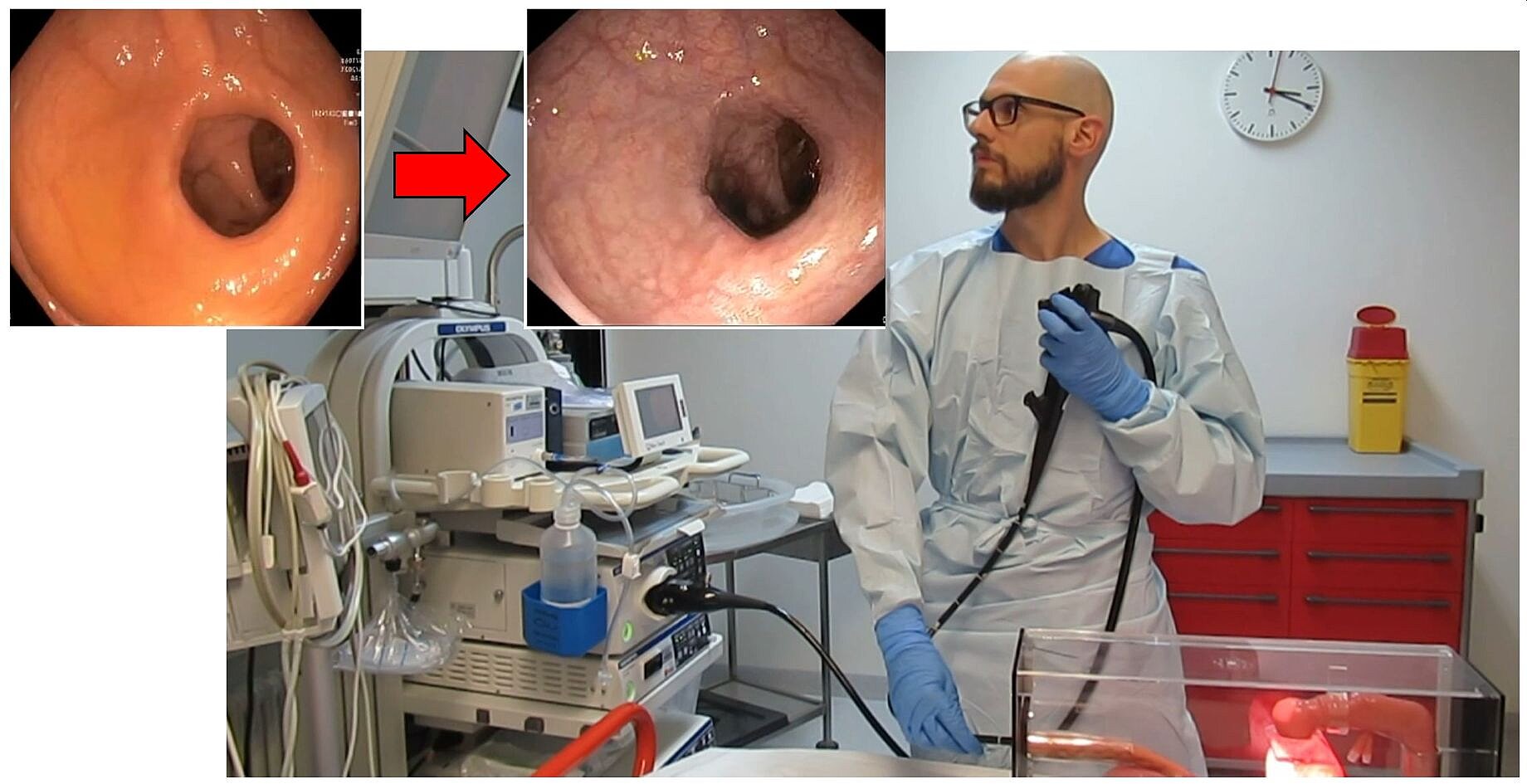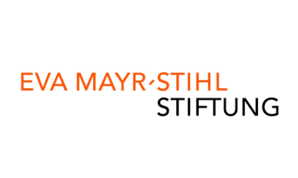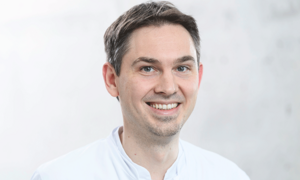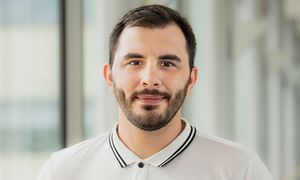SiMucosa: AI-based endoscopy simulation on silicone models
Usually, navigation and orientation are trained using widely used silicone-based simulators. However, due to the low level of difficulty and the fact that the artificial surfaces always look the same, these simulators cannot compete with the animal model.
Bringing intestinal models to life
We have been able to collect numerous endoscopy videos in the course of joint research work in recent years. Using these videos we created an AI-based training module for doctors to help them better identify and classify precancerous lesions. This work enabled us to create an AI prototype, called SiMucosa, that has the potential to bring silicone-based intestinal models to life. Using SiMucosa we will be able to simulate normal findings and pathological changes better than an animal model.

We thank Dr Henke Medical Training for providing us with silicone-based endoscopy phantoms.






